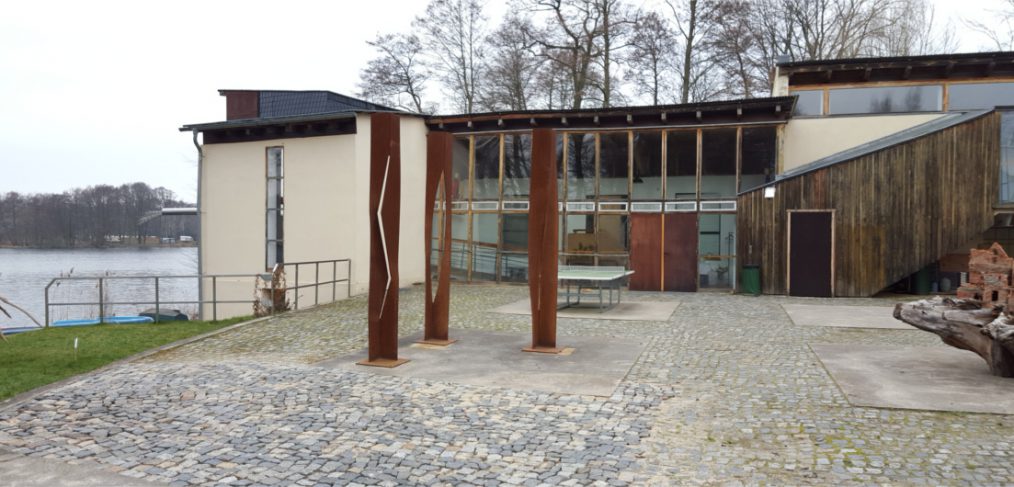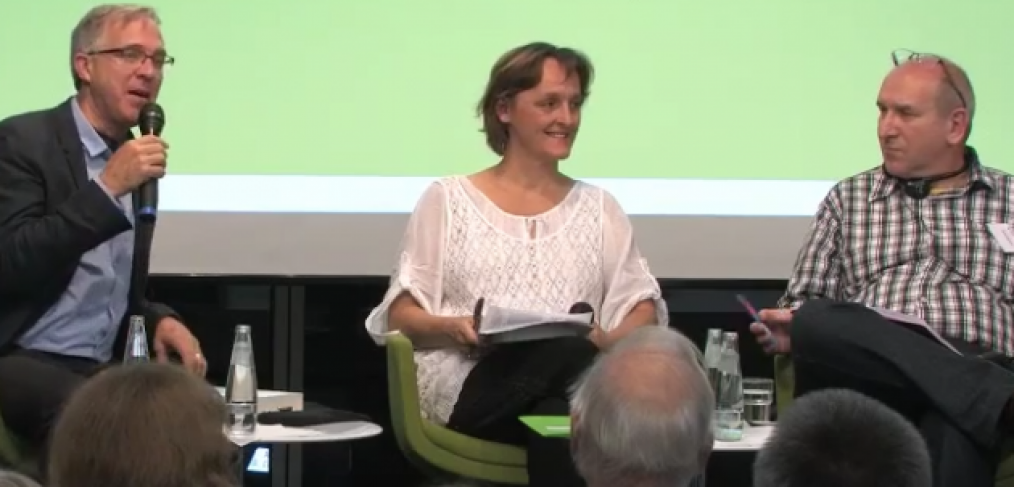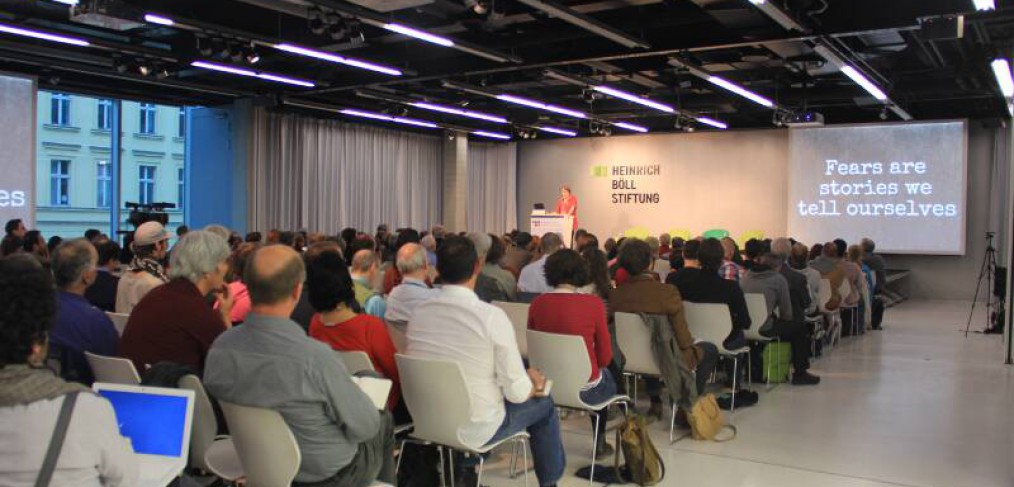Michel Bauwens recently spoke at the Harvard Berkman Center to give his big-picture analysis of the economic and social transition now underway. The hour-long video of his talk provides a clear explanation for why peer production is flourishing and out-competing conventional business models and markets.
Can commons and the state fruitfully co-exist – and if so, how? Can commoners re-imagine “the state” from a commons perspective so that its powers could be used to affirmatively support commoning and a post-capitalist, post-growth means of provisioning and governance?
I’m thrilled to report that the Commons Strategies Group finally has its own handsome, up-to-date website! Whenever anyone asks me about the commons work that I’ve been doing over the past five or six years – and that of my dear colleagues Silke Helfrich and Michel Bauwens – I can now point them to this beautifully designed site.
David Bollier describes how the Commons (and Commons-based law) might be a force for reducing inequality
A summary from the Commons Strategies Group recent event in Berlin.
A detailed infographic based on Silke Helfrich’s shorthand comparison of the logic of the market and the logic of the commons (as well as their core beliefs).
This Commons Creating Peer Production can and must be enhanced by a larger “structural design” of protocols and infrastructures (Internet style), but certainly no “governing body”.
We can only promote the commons as a new narrative for the 21st century if they are identified as a common denominator by different social movements and schools of thought. In my point of view, enforcing the commons would be not only possible, but strategically intelligent.
The first wave of hacks was radically liberal, it is time for a second wave, where the values of equity and fairness are added to the core value of freedom, liberating commons-oriented peer production from its capture by netarchical capital.
The Latin America Deep Dive on the Commons was held in Mexico DF in November 2012. The event gathered a variety of researches and civil society organizers from various parts of the South American sub-continent to reflect on the Commons in everyday practice.









